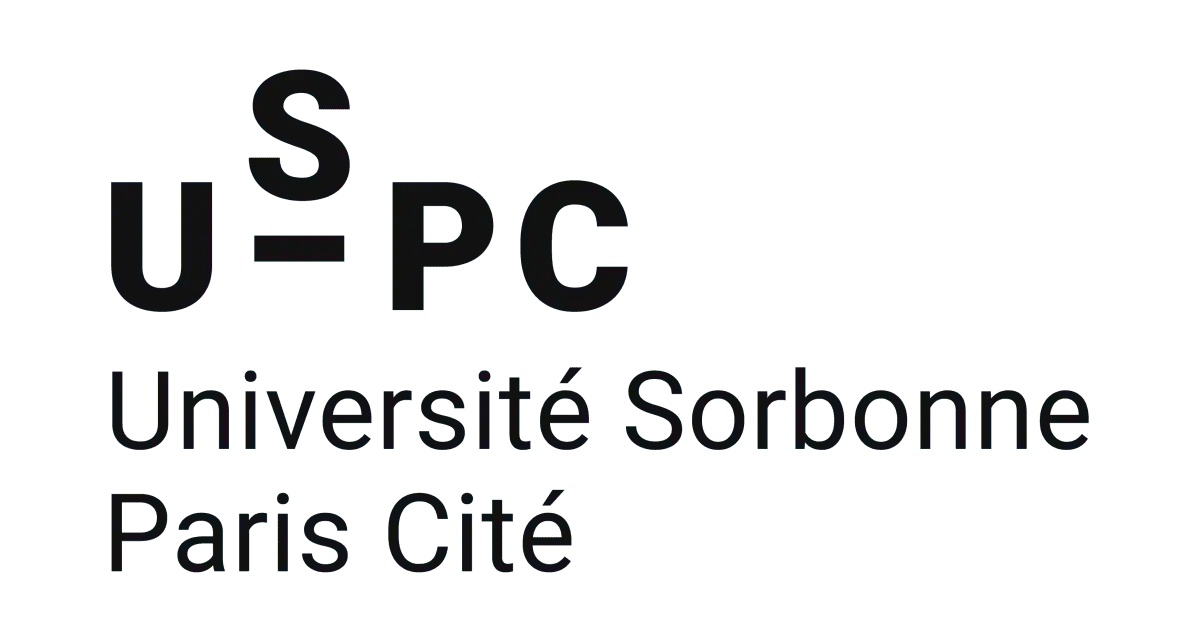
Home>Research>Project>WHIG - What Is Governed In Paris and London
WHIG - What Is Governed In Paris and London
Very Large Cities are a new phenomenon in urban history. The emergence of urbanized areas with a population beyond 8 million inhabitants. One of the most relevant topics for metropolitan development is that of the form of government (governance) of these big cities, encompassing different issues such as urban planning, the creation of governmental bodies and institutions allowing the redistribution of powers, effective intergovernmental coordination, decentralization, the efficient supply of services as well as the fostering of economic development and of a better life quality for residents.
The starting point is to challenge the often-made assumption that large cities are so complex and big that they have become ungovernable or that globalisation pressures make political and policy choices irrelevant (Le Galès and Lorrain, 2004, Lorrain, 2011). By going beyond rational or positivist views of governance, it argues that the process of governing a city is never fully complete, nor linear. Urban societies, urban economies are more or less governed and that may change from one city to the next, from one period to the next. Processes of government and governance are always work in progress, but make crucial differences over time. Studying the limits and discontinuities of government and governance is essential to understandings of governance processes in large metropolises such as London and Paris (Le Galès, 2011). Modes of governance have long term consequences for their inhabitants and governing failures may have severe negative effects (e.g. housing shortages, low levels of educational attainment, crime, low productivity, health).
This project aims to compare and contrast modes of governance in London (Metropolitan Area) and Paris (Region Ile de France), their effects and transformation over time. We want articulate research on governance mode in the two metropolis together with more precise research on the implementation of public policies and the hidden side of governance, ie what and who is not governed. This comparison allows to assess contemporary modes of governance in arge, globalised metropolises and to develop wider understandings of the delivery of urban policies, development and infrastructure projects despite inequalities. It will explore broader questions over how contemporary forms of governance operate including democratic systems of accountability and decision-making functions. Large metropolises are characterized by a myriad of actors, powerful interest groups, diverse inhabitants, networks and assemblages of public sector institutions and global investors, developers, and others involved in the development industry, yet there is relatively little research that describes and documents their form and character, how processes of governance operate in relation to major urban development projects, the implementation of public policies and the implications of such practices for urban politics, inequalities, sustainable development and growth.
Team
Events
161208 Les politiques urbaines à l’épreuve du commerce informel


Contact us
Address: 1 place Saint-Thomas d'Aquin, 75007 Paris
Ph.: +33 (0)1 45 49 83 52
Email: contact.cee@sciencespo.fr
